The News
CodeRabbit announced a $60 million Series B funding round led by Scale Venture Partners, with participation from NVentures (NVIDIA Venture Capital) and existing investors, bringing total funding to $88 million. The company also launched new features, including CLI integration, pre-merge checks, and deeper context gathering, to strengthen AI code reviews across IDEs and Git platforms.
Analyst Take
The rise of “vibe coding” (AI-driven code generation at scale) has created an imbalance since code can now be produced faster than it can be reviewed, tested, and shipped. theCUBE Research has found that 74.3% of enterprises list AI/ML as a top investment priority, but this acceleration introduces risk when guardrails lag behind. Without a governance layer, many developers face bottlenecks in code review cycles that erode the promised productivity gains of AI coding tools.
Code Review as the New Trust Layer
CodeRabbit positions itself as a solution to that imbalance by embedding AI-driven reviews into the developer workflow. Its CLI integration could extend reach beyond IDEs like VS Code and Git platforms such as GitHub and GitLab, allowing checks earlier in the loop. This aligns with industry movement toward shift-left practices, where testing, security, and compliance are pushed closer to code creation. According to theCUBE’s Day 1 survey, over 61% of teams report being “completely confident” in pre-deployment validation, but gaps remain in dependency and configuration management. AI-assisted reviews may help narrow these gaps.
How Developers Managed Quality Before AI Reviews
Manual peer reviews, static analysis, and CI pipeline checks have been standard practice. While effective, these approaches often slowed release velocity, especially as codebases scaled. theCUBE’s Day 2 research shows developers spend up to 45.7% of their time on root-cause analysis, with outages tied to misconfigurations and overlooked edge cases. This “review debt” worsens in the AI era, where generated code volume dwarfs human review capacity.
Shifting Toward AI-Governed Pipelines
The addition of CodeRabbit’s context-aware engine, which draws from tickets, architectural docs, and code graphs, signals how reviews may evolve. If widely adopted, developers could move from reactive quality checks to proactive, context-rich validation that shortens the time between code generation and safe release. Early adopters like Groupon cite reductions from 86 hours to 39 minutes in code-review-to-production time, highlighting potential velocity gains. Still, outcomes will depend on how well teams integrate AI reviews with existing CI/CD, security policies, and platform engineering efforts.
Looking Ahead
The funding and product expansion reflect a broader market inflection where AI coding agents are entering mainstream workflows, but code quality and security remain unresolved. Expect to see:
- AI-first governance frameworks emerge as standard for enterprise development.
- Deeper integration with CI/CD pipelines, merging AI reviews with automated tests and policy-as-code.
- Increased scrutiny on trust and transparency, as regulators and customers demand assurances that AI-generated code is reliable and secure.
For developers, the shift means AI code reviews could soon be as fundamental as version control or CI/CD pipelines. We have noted developers are moving into an “agentic era” where AI is not just generating code but enforcing the quality gates that keep production safe. CodeRabbit’s momentum suggests the review layer will be a defining battleground for developer productivity in the AI-native stack.









